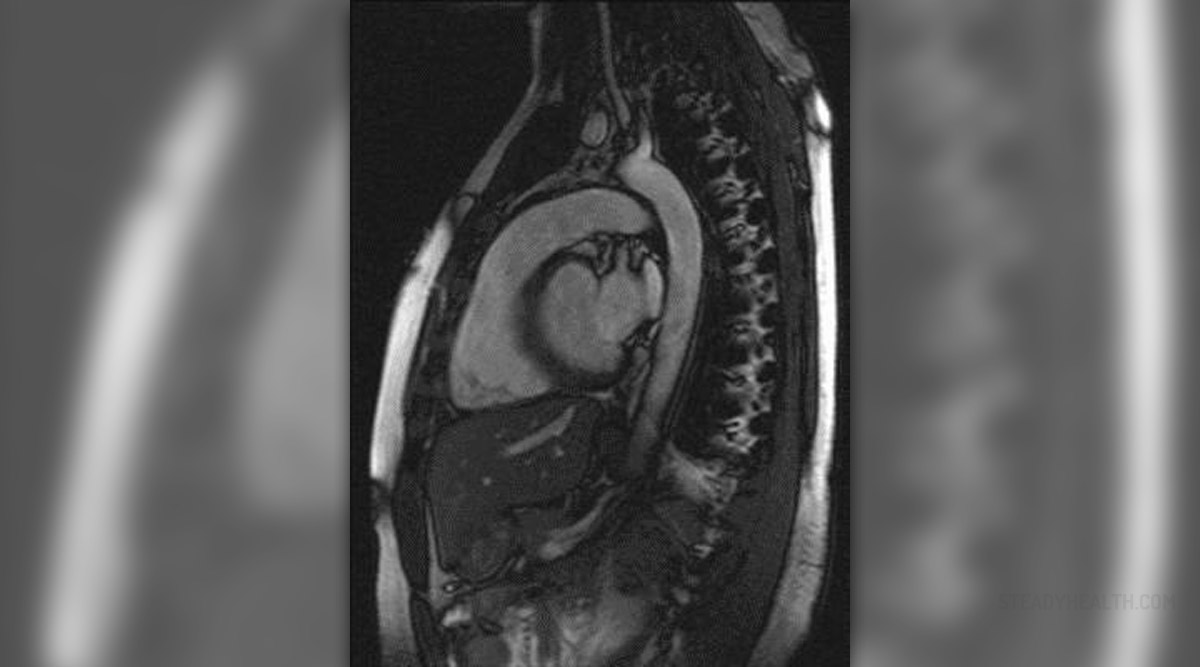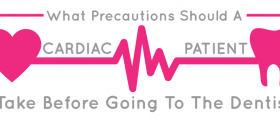Congestive cardiac failure or simply heart failure is medical condition characterized by inability of the heart to provide sufficient amounts of blood for the body. This condition can be professionally managed, in order to decrease problems with overworked heart and to minimize venous congestion in the body, both of which should prevent further health problems.
Nursing Management in Heart Failure
Adequate rest, proper diet, oxygen therapy, physical therapy and observation are common methods for treatment of patients suffering from congestive cardiac failure.
Proper rest is extremely important for patients suffering from heart failure, since it can decrease the need for oxygen and workload of the heart. Until his or her condition improves, the patient should avoid any physical activity. Only when the edema drastically improves and decreases should these patients be allowed to participate in their personal care. Proper rest in this case involves rest before and after the meals, as well as rest between the procedures.
Low sodium and low fat diet and reduced intake of fluids must be every heart failure patient’s goals. This type of diet is not very tasteful, but it is required to reduce the swelling (edema), overeating and also overweight in these patients and decrease workload of the heart. Patients should take about 150 ml of fluids per day, in order to reduce edema. Constipation is problem that must be prevented in heart failure patients, using either mild laxatives or mild oil enemas.
Patients suffering from respiratory problems due to pulmonary congestion may need some oxygen therapy. This should be helpful to relieve dyspnea and improve amount of oxygen available for the tissues.
Physical care includes help performing oral hygiene, treatment of the pressure areas and proper positioning of heart failure patients.Observation of vital signs, regular check up of respiration and blood pressure, as well as regular control of the signs of electrolyte imbalance are necessary for heart failure patients. Changes in the facial expression and color, location and degree of edemas and other changes and preferences should also be noted.
- More than 5 million people in the United States have congestive heart failure. It’s the most common diagnosis in hospitalized patients over age 65. One in nine deaths has heart failure as a contributing cause.
- African-Americans are at increased risk of congestive heart failure. This is due to diabetes and high blood pressure, rather than race alone. In a study involving nearly 7,000 men and women, Johns Hopkins researchers were able to discover the underlying reason that African-Americans are known to develop heart disease more than any other race. When diabetes and high blood pressure are factored out, they face no higher risk.
- A simple blood test can determine which patients will fare better after hospital discharge. Johns Hopkins researchers realized that congestive heart failure patients with a certain level of a protein linked to heart stress were 57 percent more likely to be readmitted to the hospital.
- Monitor your symptoms. Heart failure worsens over time, so you need to be familiar with changes in your body. Some of these can be addressed with different medications. Weighing yourself daily is one of the easiest ways to track fluid retention, indicated by a sudden gain. Swelling in the legs and feet can also mean more fluid is accumulating.
- Monitor your health. Keep track of blood pressure, weight and other vital signs as your doctor advises. Get lab work done as recommended, as it gives key clues to your heart health and medication needs. A flu shot and pneumonia vaccine can help you avoid infections that would be especially hard on your compromised lungs.
Heart Failure Rehabilitation
Activities of the patient should be performed according to his or her tolerance and must be progressively increased in accordance with ability of the heart. The patient must be regularly supervised by a medical professional and both the patients and his family should be aware of that fact. Medications side effects should be clearly explained to the patient, as well as requirements of their diet and allowed physical activity.

















Your thoughts on this
Loading...